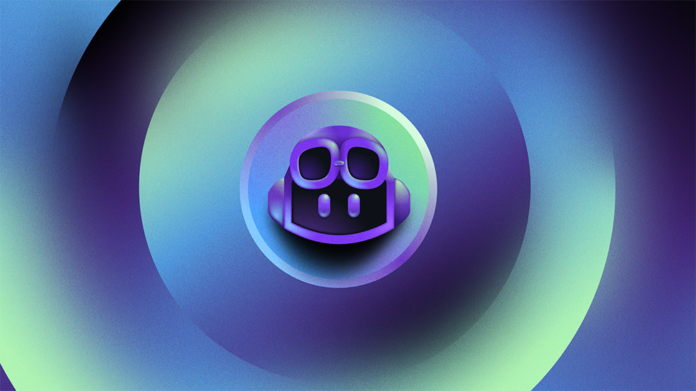Following on from its success among developers with Copilot, GitHub has announced the next stage, Copilot X, which is designed to expand beyond the realms of code auto-completion.
While Copilot was based on a GPT-3 descendant known as Codex, it will likely come as no surprise that the Microsoft-owned software development hosting service’s Copilot X now uses GPT-4.
That said, some Codex elements remain part of the experience, but overall, Copilot X promises to be a much deeper AI integration, extending its list of features to chat and voice, pull requests, and the command line.
Github Copilot X and GPT-4
“At GitHub, our mission has always been to innovate ahead of the curve and give developers everything they need to be happier and more productive in a world powered by software,” GitHub CEO Thomas Dohmke wrote in a blog post (opens in new tab) announcing the launch.
In essence, a version of ChatGPT will now be available directly in VS Code and Visual Studio. The chat function can be used for writing code, however because of its native IDE support it can also understand context.
As Dohmke explains: “It recognizes what code a developer has typed, what error messages are shown, and it’s deeply embedded into the IDE.”
This allows developers to get detailed analyses straight from the IDE without having to explain context, potentially saving huge amounts of time.
Despite Copilot helping developers to code up to 55% faster, and almost half of the code now written by the artificial intelligence tool, Dohmke claims that GPT-4 is finally “beginning to catch up with [the company’s] ambition to create an AI pair programmer that assists with every development task at every point in the developer experience,” suggesting that GPT-3 based models were not quite up to scratch.
However, as technological aids increase, complications will undoubtedly deepen. Late last year, Microsoft, GitHub, and OpenAI were sued for $9 billion for failure to correctly attribute code correctly.
That said, more recently, the US Copyright Office indicated that AI-generated content could be copyrighted as one’s own work provided it had been altered enough.
Source: www.techradar.com










